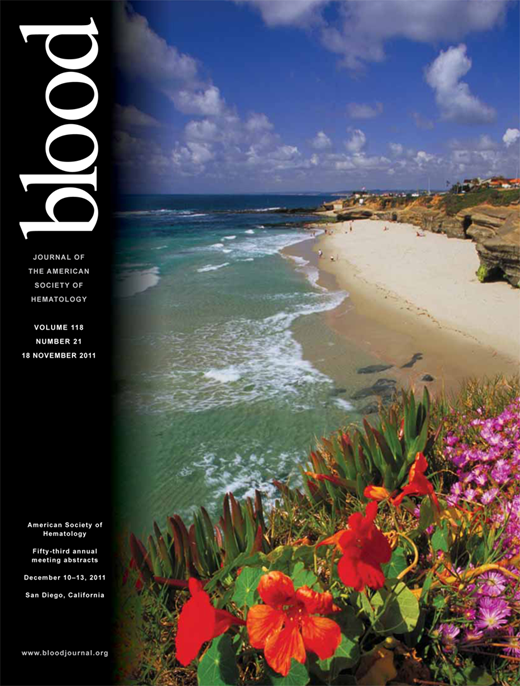Abstract
Abstract 4158
High-dose chemotherapy followed by autologous hematopoietic cell transplantation (HCT) is a preferred primary treatment approach for those patients who have adequate organ function and performance status. We previously reported the use of melphalan + bortezomib conditioning regimen for tandem transplants in a different group of patients with refractory myeloma (Alekshun, et al. ASH 2007). In this study, we examine the effects of adding bortezomib to standard high-dose melphalan in patients with newly diagnosed myeloma who have chemosensitive disease.
Thirty five newly diagnosed multiple myeloma patients with responsive disease (partial response (PR) or better) to induction therapy were enrolled to the study from January 2010 to June 2011. Patients received high-dose melphalan conditioning at 100 mg/m2 IV for 2 days, immediately followed by 1 dose of bortezomib at 1.3 mg/m2 (Mel/Vel). Those patients who achieved PR post induction were considered for tandem autologous transplant with Mel/Vel conditioning.
To date, 35 patients received autologous HCT conditioned with Mel/Vel, and 32 are evaluable for response. Median age is 56 years (range, 25 – 72) with the following disease characteristics: IgG (n=21), IgA (n=8), IgD (n=1), light chain (n=5). High-risk cytogenetics/FISH were seen in 13 patients (37%). Median beta-2 microglobulin was 3.5 (range, 1.3 – 34.8). Sixteen patients received bortezomib-based induction, 9 patients received lenalidomide-based therapy and 10 received both bortezomib and lenalidomide. Median time from initiation of induction to transplant was 221 days (range, 134 – 664). Responses to induction therapy were stringent CR (n=10), CR (n=4), very good partial response (VGPR) (n=13), and PR (n=8). Median CD34 cell dose is 4.86 × 106/kg (range, 2 – 20.08). Neutrophil engraftment was achieved after a median of 11 days (range, 10 – 14) and platelet engraftment occurred after a median of 16 days (range, 11 – 19). Two patients received tandem HCT. Best responses post transplant were sCR (n=19), CR (n=3), VGPR (n=7), PR (n=1) and progressive disease (n=2). The one year progression-free survival (PFS) estimate is 77% (95% CI 0.59 – 0.95) and one year overall survival (OS) estimate is 96% (95% CI 0.88 – 1.00) with a median follow-up of 279 days (range, 47 – 515). We did not detect significant differences in OS (p=0.69) stratified by cytogenetic/FISH risk status.
The combination of bortezomib and high-dose melphalan (Mel/Vel) as conditioning regimen for autologous HCT is well tolerated and appears to improve responses post transplant. This early result is encouraging and the regimen will be examined in expanded cohort of patients.
Baz:Millenium: Research Funding, Speakers Bureau; Celgene: Research Funding. Alsina:Millennium: Consultancy, Membership on an entity's Board of Directors or advisory committees, Research Funding; Novartis: Consultancy, Membership on an entity's Board of Directors or advisory committees; Allergan: Research Funding.
Author notes
Asterisk with author names denotes non-ASH members.

